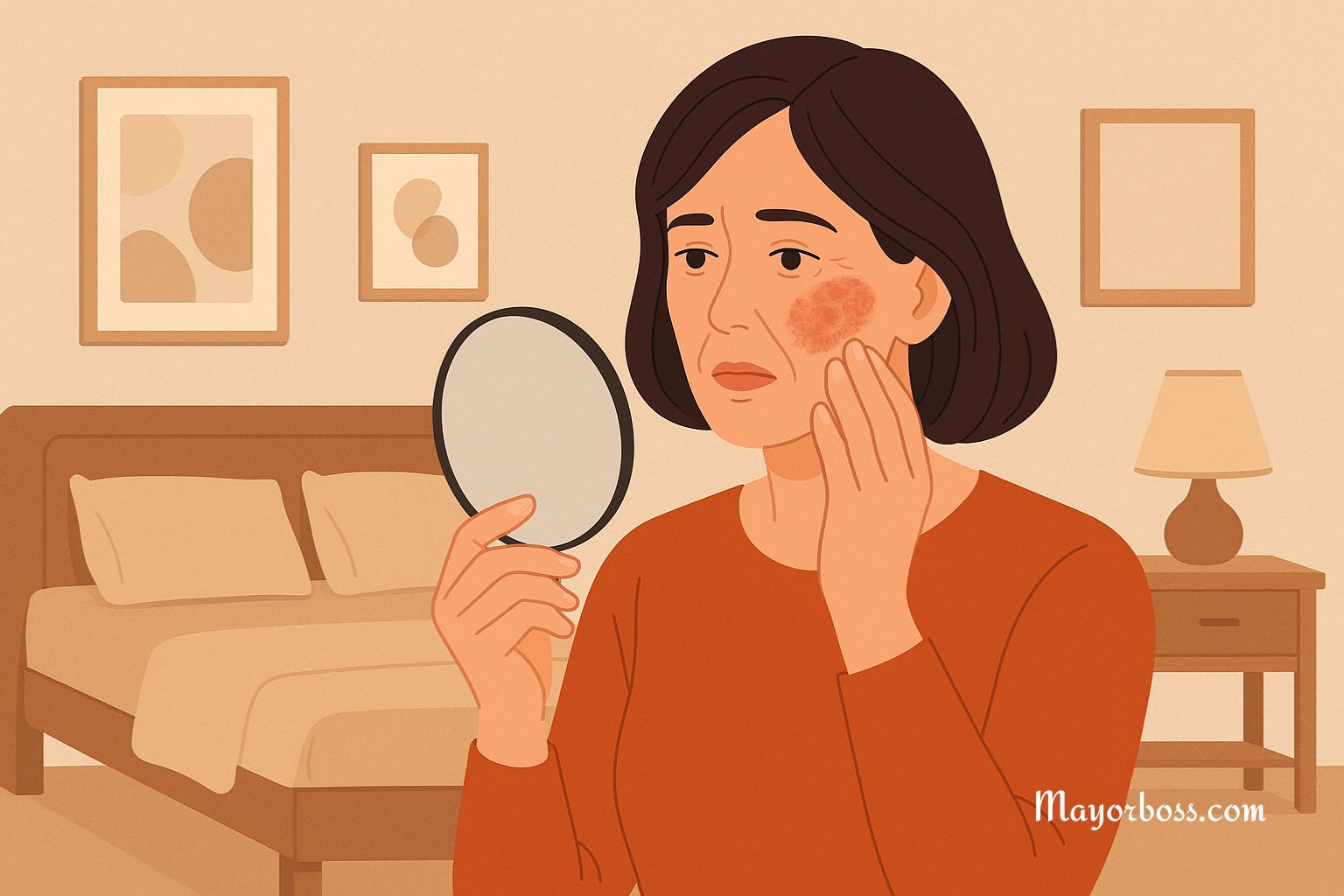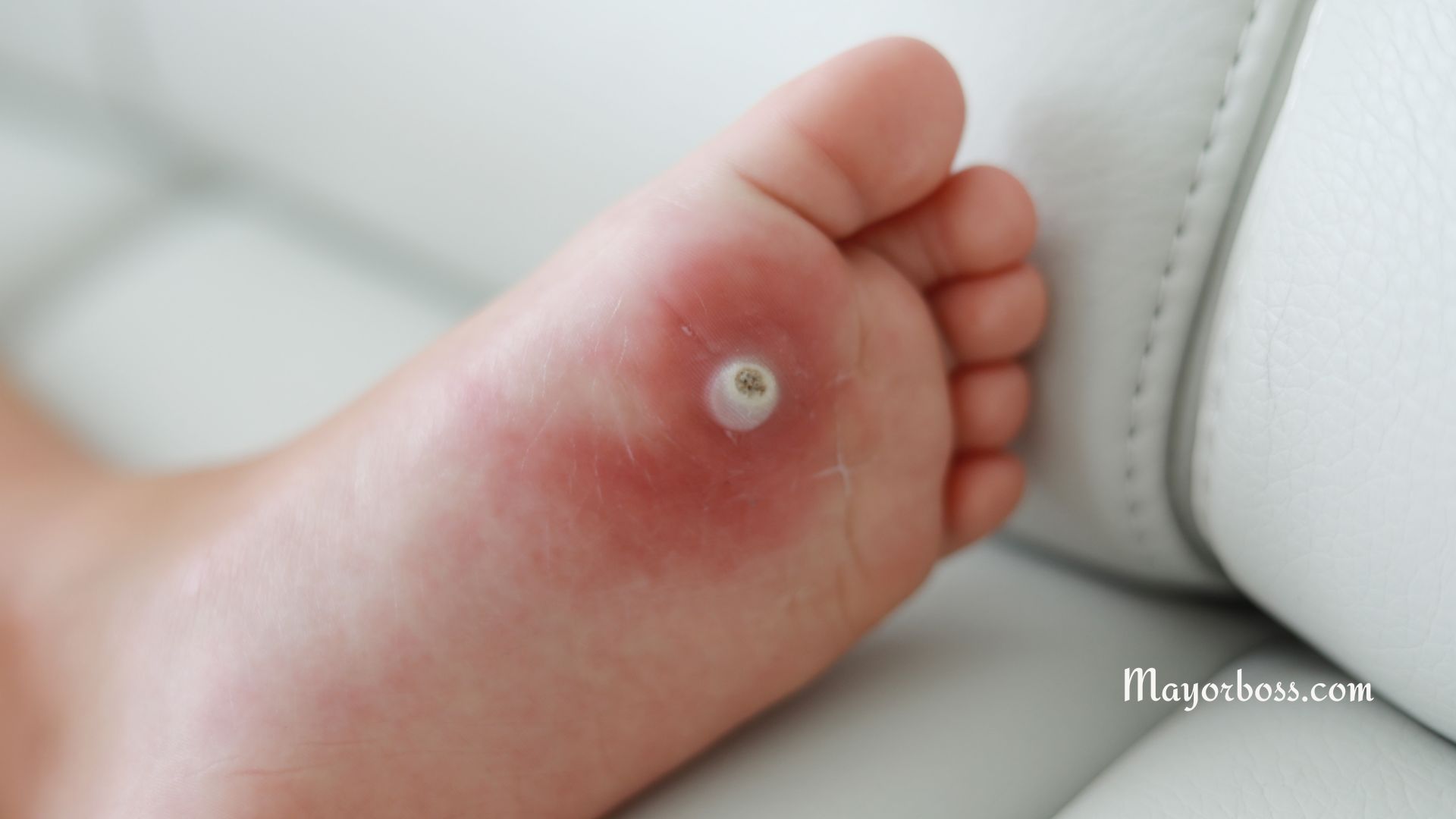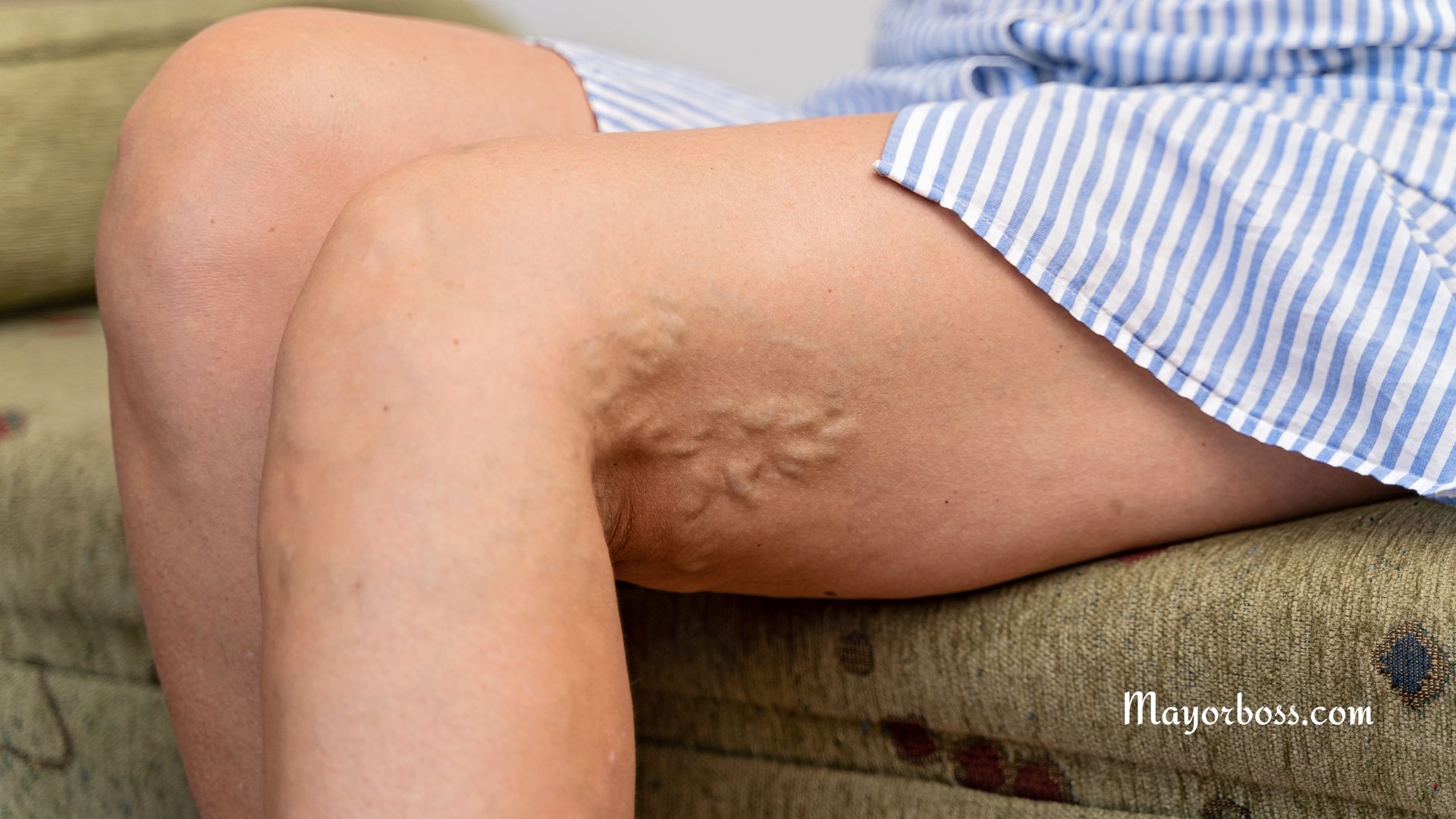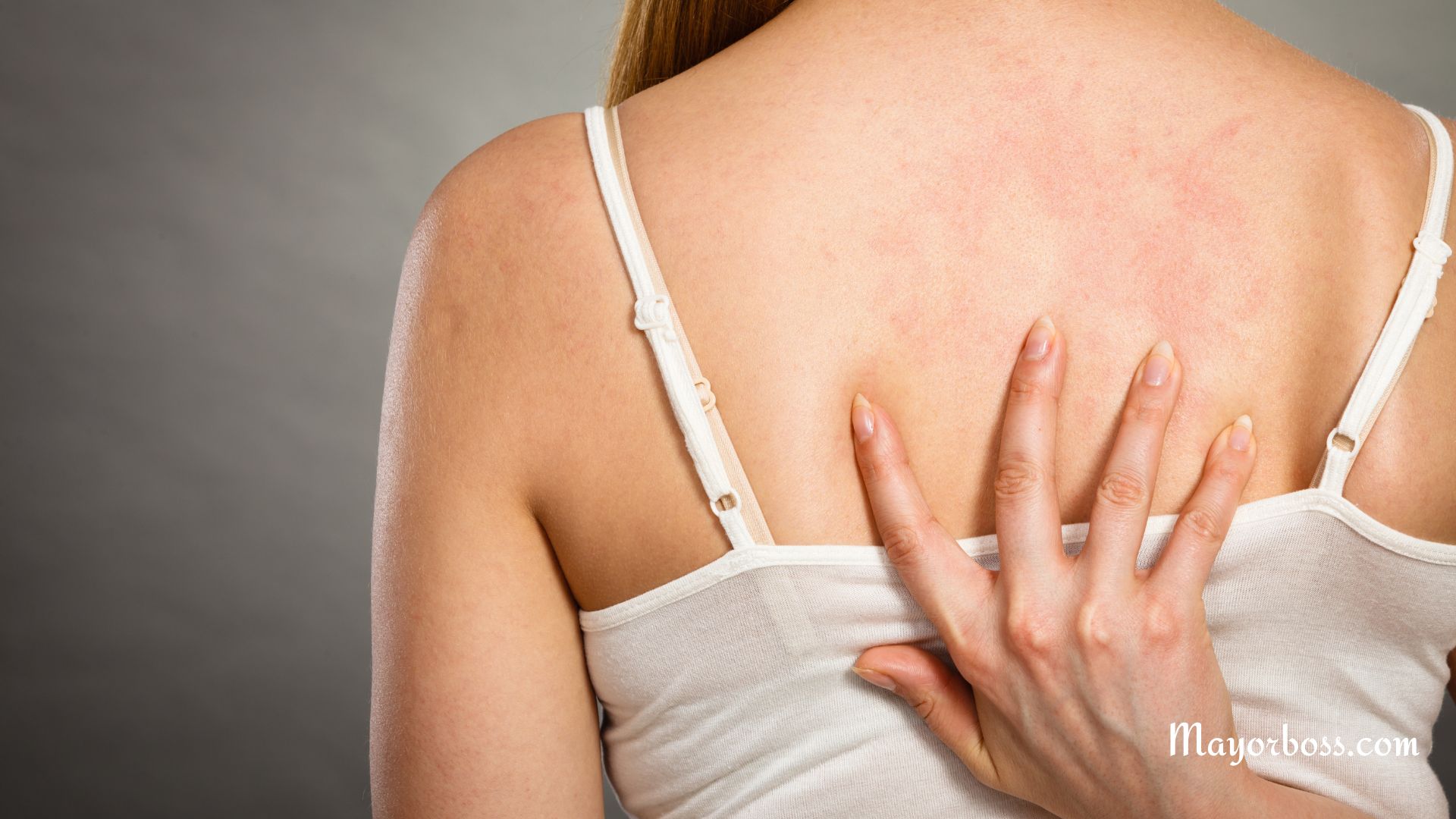The Ultimate Guide to Healing Wounds Faster
Wounds, whether minor or major, can be a nuisance. We’ve all experienced that moment when we accidentally cut ourselves while chopping vegetables or scraped our knees while playing sports.
Wouldn’t it be great to have a handy guide that teaches you how to heal wounds quickly, naturally, and with minimal pain? Look no further!
This ultimate guide is filled with practical tips and home remedies that can help you heal your wounds faster.
Understanding the Science Behind Wound Healing
Before we delve into the ways to heal wounds faster, it’s essential to understand the science behind the wound healing process.
Wound healing is a whole complex process that involves four distinct yet overlapping phases: hemostasis, inflammation, proliferation, and remodeling.
Hemostasis
Hemostasis is the initial phase that occurs immediately after an injury. This phase is crucial as it helps to stop the bleeding by forming a clot.
Platelets in your blood release chemicals that attract more platelets, ultimately forming a clot to seal the wound.
Inflammation
Next, the inflammation phase begins. This stage is characterized by redness, swelling, and warmth around the wound.
White blood cells and other immune cells migrate to the site of the injury to clear away debris and protect against infection.
Proliferation
During the proliferation phase, your body starts to rebuild the damaged tissue. New blood vessels form, and fibroblasts (a type of cell) produce collagen, which serves as the framework for the new tissue.
Remodeling
Lastly, the remodeling phase takes place. In this stage, the wound continues to strengthen, and the new tissue becomes more organized. Collagen fibers reorganize, and the wound contracts, ultimately leading to scar formation.
Now that you have a better understanding of the science behind wound healing let’s explore the factors that play a crucial role in this process.
Key Factors That Influence Wound Healing
There are several factors that can significantly impact the wound-healing process. These factors include:
- Age: As you age, your skin becomes even less elastic and thinner, making it more prone to injury and slower to heal.
- Nutrition: Proper nutrition is vital for wound healing, as it supplies the necessary building blocks for tissue repair.
- Hydration: Staying well-hydrated is crucial for maintaining healthy skin and promoting the healing process.
- Health conditions: Certain health conditions, like diabetes, can slow down the wound-healing process.
- Medications: Some medications can interfere with the body’s ability to heal wounds.
Understanding these factors can help you take the necessary steps to promote faster wound healing.
Tips to Heal Wounds Faster
Now that you have a good grasp of the science behind wound healing and the factors involved let’s discuss some practical tips for healing wounds faster.
Keep the Wound Clean and Moist
Keeping the wound clean and moist is one of the most critical steps in wound healing. Gently clean the wound with mild soap and water to remove debris and reduce the risk of infection.
After cleaning, apply an antibiotic ointment (to speed up the healing process) and cover it with a sterile adhesive bandage. Change the bandage daily or whenever it becomes wet or dirty.
Eat a Balanced Diet
Did you know? Eating a balanced diet is essential for providing your body with the necessary nutrients to heal wounds faster. You should therefore consume plenty of protein, vitamins, and minerals like zinc and vitamin C to promote wound healing.
Stay Hydrated
Drink enough water to keep your body hydrated generally. Proper hydration is necessary for maintaining healthy skin and promoting the healing process.
Avoid Smoking and Limit Alcohol Consumption
Smoking and excessive alcohol consumption can impede your wound-healing process. Smoking restricts blood flow, depriving the wound of essential nutrients and oxygen needed for healing.
On the other hand, excessive alcohol consumption can impair the immune system, thus, making it harder for your body to fight infections.
Get Adequate Sleep
Rest is vital for wound healing, as your body repairs itself during sleep. Therefore, get 7-9 hours of sleep per night to give your body the time it needs to heal.
Home Remedies for Healing Wounds Faster
In addition to the tips mentioned above, there are some effective home remedies that can help you heal wounds faster and more naturally.
Honey
Are you looking for an effective remedy? Honey is widely known for its powerful antibacterial properties, which might help prevent infections and promote faster wound healing. Apply a thin layer of raw honey to the wound and cover it with a sterile adhesive bandage or gauze pads.
Aloe Vera
Believe it or not, this is true. Aloe vera has soothing, anti-inflammatory, and antibacterial properties that can aid in wound healing faster. Apply pure aloe vera gel directly to the wound and cover it with sterile gauze pads or an adhesive bandage.
Turmeric
Some studies suggest that turmeric can be helpful in healing wounds faster. Mix turmeric powder with water to form a paste, apply it to the wound, and cover it with a sterile bandage.
Virgin coconut oil
Because of its natural antibacterial, antiviral, and antifungal properties, virgin coconut oil could help wounds heal faster. Apply a thin layer of virgin coconut oil to your wound.
Healing Wounds Without Scars
While scarring is a natural part of the healing process, there are some steps you can take to minimize the appearance of scars:
- Keep the wound clean and moist to promote faster healing and reduce the risk of infection.
- Use silicone gel sheets or gels, which can help to soften and flatten scars.
- Once the wound is fully healed, gently massage the area with vitamin E oil to improve skin elasticity and minimize scar formation.
- Protect the wound from sunlight, as UV rays can darken and thicken scars. Wear sunscreen or cover the area with clothing when outdoors.
By following these guidelines and incorporating the tips and home remedies provided in this ultimate guide, you can accelerate the wound healing process, allowing you to return to your everyday activities with minimal discomfort and scarring. Keep in mind you should seek medical help if your wound is large.






